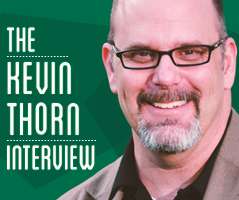In response to: Why “Talk” Culture Ruins Everything
ID Reflections
APRIL 30, 2010
I was reading Why “Talk” Culture Ruins Everything by Hugh McGuire this morning. And the scary part of "cherry picking" ideas and creating mash-ups from these were driven home once again. We are also wired to listen to and pick up those bits and pieces that are in synch with our ideas. We do it all the time.in













































Let's personalize your content